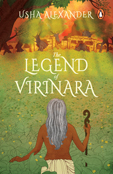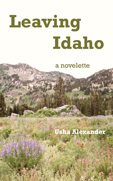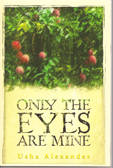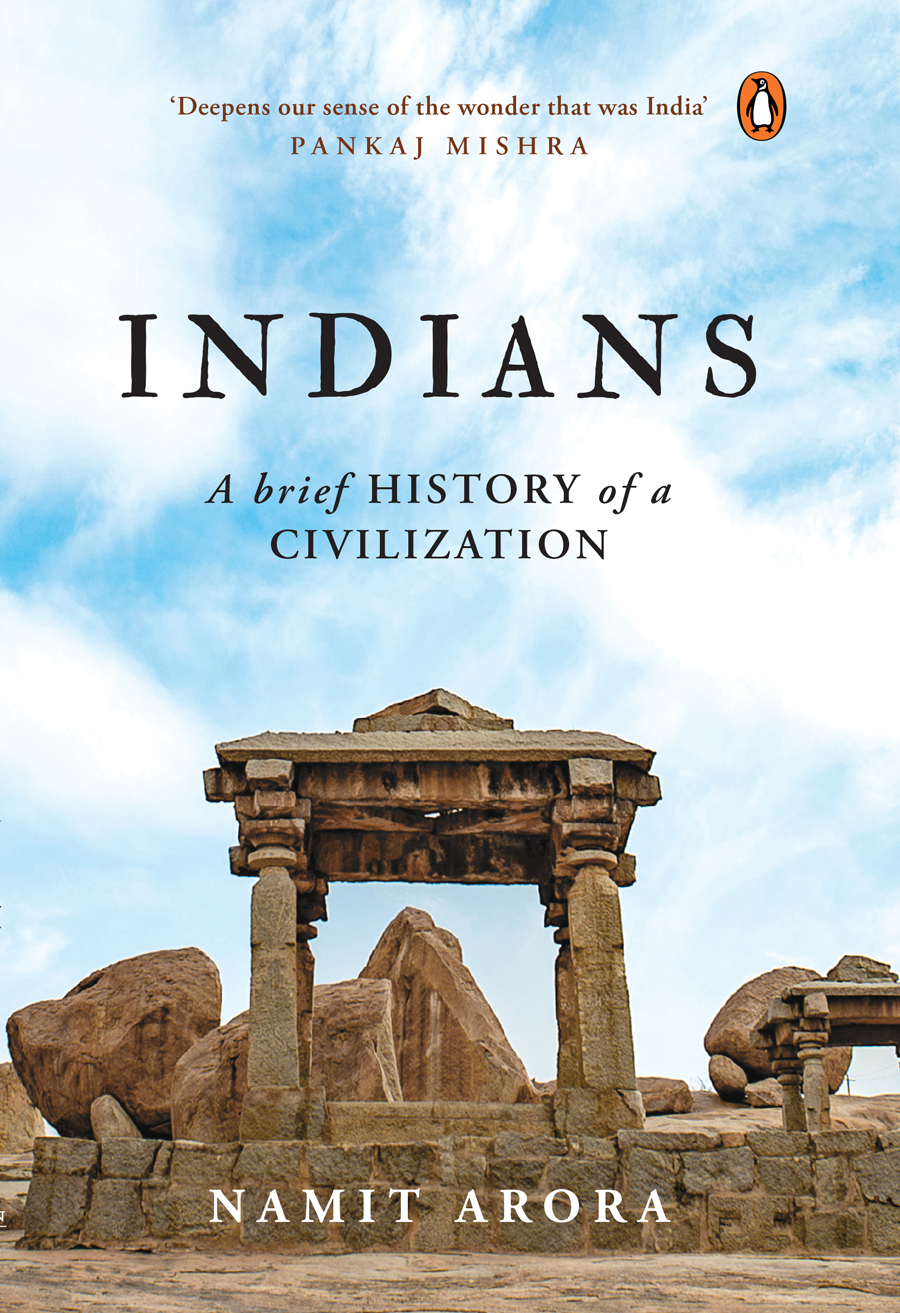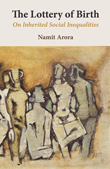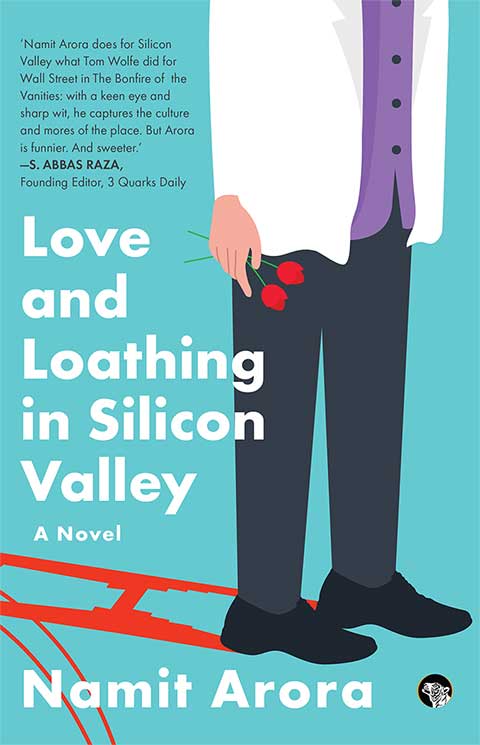| Index of articles from the Blog |
| Animals |
| Anthropology & Archaeology |
| Art & Cinema |
| Biography |
| Books & Authors |
| Culture |
| Economics |
| Environment |
| Fiction & Poetry |
| History |
| Humor |
| Justice |
| Philosophy |
| Photography |
| Politics |
| Religion |
| Science |
| Travel |
Books by
Books by
|
A Harvest of Savagery and Hope
By Namit Arora | Mar 2014 | Comments
A Review of Savage Harvest: Stories of Partition by Mohinder Singh Sarna, Rupa, 2013. This review first appeared in the Sunday Guardian.
Over the decades, Partition has produced many popular and critical narratives: its causes, villains, avoidable mistakes, its defining features and aftermath. While such narratives can never be immune from subjective perspectives, much of it—despite notable work from scholars like Gurharpal Singh, Ian Talbot, Urvashi Butalia, Perry Anderson, Gyanendra Pandey, and Jan Breman—remains mired in crude nationalistic politics, taboos, and mythologies of India, Pakistan, and Great Britain. In 2011 for instance, when Jaswant Singh, former defense minister of India and a senior member of BJP, wrote a book in which he blamed Nehru more than Jinnah for Partition and even praised many aspects of Jinnah’s personality, the BJP expelled him from the party and banned his book in Gujarat. This despite the fact that Singh was articulating an increasingly common view among scholars. Recent scholarship has also shown that a lot of Partition violence, such as that of Rawalpindi massacres, attacks on refugee trains and foot convoys, and ethnic cleansing of villages, was carefully planned and executed—with ample collusion of state agents—by extremist groups competing for political power. That's why the violence of Partition was so much more brutal and genocidal than the violence of "mere" communal riots. Such groups included Muslim para-militaries, Hindu volunteers of the RSS, and Sikh jathas and princely rulers. In other words, much of Partition violence in Punjab did not erupt "spontaneously" among mobs and hotheads, an idea that still rules the popular imagination. A necessary complement to such narratives is art and literature, which helps illuminate the invisible pain and turmoil of lives caught in its vortex. Despite a slow start in the early decades—owing in part to the widespread shame and official denial of its horrors—this cataclysmic event became central to many works of art, poetry, and storytelling. On the partition of Punjab, names like Saadat Hassan Manto, Khushwant Singh, Bhisham Sahni, Bapsi Sidhwa, Faiz Ahmad Faiz, Amrita Pritam, and Satish Gujral come to mind. They variously grapple with large questions about the human material: how do friends and neighbors turn overnight into looters and rapists? What provokes the grotesque denuding of multiple identities that make an individual—of language, culture, profession, family, community, aspirations, and more—to an essentialized Muslim, Sikh, or Hindu identity? How does one rebuild one’s faith in God and humanity after living through such cold-blooded brutality? Savage Harvest is a collection of 30 short stories about ordinary men and women engulfed by the madness of Partition. Sarna, who found himself holed up with his father and brother in Rawalpindi—the city of his birth and one that appears often in these stories—managed a lucky escape to Delhi where other members of his family had arrived earlier as refugees. His father and brother would escape much later and "there would never be word again of a newly-wed sister." He saw first hand the violence on both sides, evident in these keenly observed and multilayered stories. Also an author of many volumes of poetry, short stories, and novels, Sarna received the Sahitya Akademi Award in 1990. Given his vantage point, it’s hardly surprising that most of Sarna’s stories recount the harrowing experiences of Sikhs in Pakistan; a few explore the travails of Muslims in India, though hardly any in the worst hit parts of Indian Punjab. The stories bring us face to face with Muslims who, armed with axes and possessed by hate, greed, and lust, ravage entire neighborhoods, as well as Muslims, often in the same family, who, despite enormous odds and personal risks, try to do the right thing. He takes us inside gurdwaras where, besieged by Muslim gangs and facing impending disaster, Sikh men prepare for their last stand and women and girls swallow poison pills or jump in the well. He introduces us to Sikh men and women who, baying for revenge, strip Muslim women naked and parade them in the streets of Delhi. There are also kindly Muslim friends and strangers who provide shelter and passage to Sikhs at night, help them cremate the bodies of loved ones, and try to rescue Sikh women kidnapped by other Muslims. Many stories also occur outside the worst period of Partition, in markets, hospital wards, and on bus rides, in offices and living rooms. Old wounds continue to loom large even as matrimonial matches are made and unmade, memories recounted, tempers raised and arguments settled. Despite Sarna’s plain and austere prose, at least in translation, what comes through is a punch of powerful emotions, of mortal dread and betrayals, separations and chance survivals, nostalgia and regrets. A feature of Sarna’s stories is that while they may be grim, they are rarely without hope or relief. Most contain at least one character—which seems formulaic at times—who listens to that nagging voice of conscience, a voice often inspired by the teachings of his or her religious faith, and musters the courage to act on it. As Sarna himself wrote, "I did not lose faith even when faced by the barbarity of Partition. My Partition stories pass knee-deep through the dark quicksand of blood and crushed bone, but they keep their head, on which they carry their bundle of hope, clearly above the quicksand." |
Designed in collaboration with Vitalect, Inc. All rights reserved. |
|


